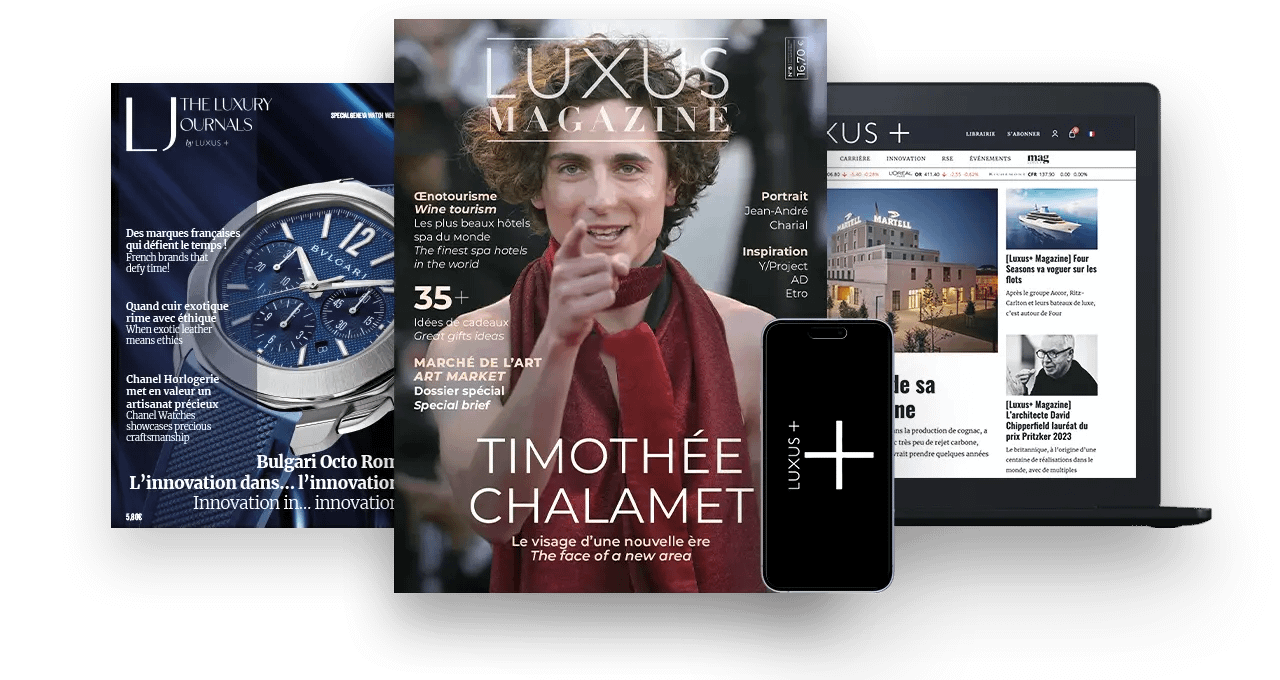The Milan court has placed the Italian subsidiary of LVMH-owned Dior under judicial supervision for questionable subcontracting practices. This decision illustrates the growing ethical challenges faced by major brands in managing their supply chains.
A new scandal in luxury fashion. On Tuesday June 11, the Milan court decided to place LVMH’s Italian subsidiary, Manufactures Dior SRL, under judicial supervision.
Dior is the second largest fashion brand owned by French luxury giant LVMH. Christian Dior SE, a separate listed holding company, is controlled by the French Arnault family, which owns 42% of LVMH.
The decision comes in the wake of an investigation revealing subcontracting practices to Chinese companies exploiting workers.
The case does not appear to be an isolated one. Last April, the same court took similar action against a company linked to the Giorgio Armani group for similar breaches. The group stated at the time that it had always sought to “minimize abuses in the supply chain”.
Failure to respect ethics
The investigation, which focused on four Chinese suppliers near Milan, revealed serious violations of labor laws. Thirty-two workers were employed by these suppliers, including two illegal immigrants and seven without the required documents. Working conditions were deplorable, with employees sleeping in the workplace in order to be “available 24 hours a day”.
Machine safety devices were also removed to speed up operations, reducing production costs to 53 euros ($57) for a handbag selling for 2,600 euros ($2,794).
“Staff appeared to be sleeping in the workplace in conditions of hygiene and health below what an ethical approach would require,” according to the ruling. The Dior unit did not adopt “appropriate measures to verify the actual working conditions or the technical capabilities of the contracting companies”, the document adds.
The Milan court’s decision does not involve a criminal investigation directly against Dior, but rather concerns its suppliers linked to these practices. Between March and April, Italian police inspected suppliers Pelletteria Elisabetta Yang SRL, New Leather Italy SRLS, AZ Operations SRLS and Davide Albertario Milano SRL, according to the document. Pelletteria Elisabetta Yang and Davide Albertario Milano were direct suppliers to Manufactures Dior, invoicing it for €752,881 and €737,623 respectively.
Guardianship order
The court ordered that Manufactures Dior SRL be placed under judicial supervision for one year.
“The decision to place a brand’s subsidiaries under judicial supervision is intended to give companies time to reorganize their system for controlling external suppliers in order to guarantee compliance with current labor legislation in the future,” the document states.
The Milanese court has therefore appointed special commissioners. Their role is simple: as long as the companies continue to operate normally, the commissioner will report regularly to the court on the progress made in implementing controls, before the magistrates decide to lift the special administration.
LVMH representatives did not comment on this decision. However, LVMH shares were down 2.2% on Tuesday, reflecting investors’ concerns about the potential impact on the group’s reputation and operations.
Wider implications
The Milan court stressed on Tuesday that such violations are systematic in the fashion industry, often motivated by the quest for higher profits. “This is not something sporadic that concerns single production batches, but a widespread and consolidated manufacturing method.”
For the past decade, Milan’s public prosecutors have been investigating labor supply companies that illegally employ workers. Initially targeting sectors such as logistics and transport, these investigations are now focusing on the fashion industry.
“The investigations traditionally targeted sectors such as logistics, transport and cleaning services, where workers were supplied by companies that were opened and closed every two years.”
To reduce the risk of reputational damage, fashion brands have reduced the number of subcontractors and internalized production. This has had a negative impact on the Italian leather goods industry, mainly located in Tuscany, which includes many companies founded by Chinese immigrants.
Italy is home to thousands of small manufacturers, accounting for 50-55% of global luxury goods production, according to consultancy firm Bain.
Read also>GUCCI HUB IN MILAN: THE CONTROVERSIAL AFFAIR THAT SHOOK UP KERING
Featured photo : © Getty Images







































